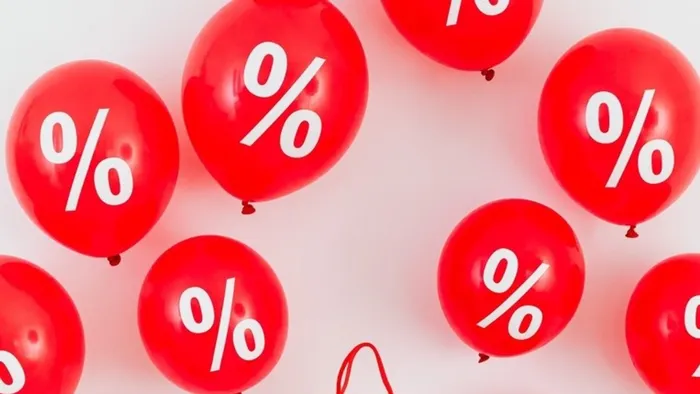How South Africans can plan around interest rate cycles

South Africans who want to improve their financial wellness must understand that the rise and fall of interest rates are akin to the ebb and flow of mighty ocean tides. Picture: Independent Newspapers.
By: Lizl Budhram and Johann Els
South Africans aiming to improve their personal finances can strengthen their journey towards economic empowerment by understanding and making informed decisions about interest rates.
South Africans who want to improve their financial wellness must understand that the rise and fall of interest rates are akin to the ebb and flow of mighty ocean tides. It’s a dynamic that South Africans can learn to take advantage of with the age-old, proven financial advice.
Interest rates in South Africa likely peaked after the substantial upcycle since November 2021, providing an opportunity for consumers to take decisive action while maintaining a disciplined, long-term approach.
The Reserve Bank had to make some tough decisions because of inflation. When prices rise too much, people find it harder to buy things and save money. Things might worsen if the bank doesn’t step in because prices and wages keep increasing. Luckily, prices have started to calm down recently, so the Reserve Bank didn't change interest rates in their last meeting.
Food and overall prices might go down a bit now that the higher interest rates have probably stopped. But, these rates might stay high for some time, so people will still feel the pinch when paying back the money they owe.
Consumers must understand that when interest rates move, it affects everyday finances. For example, a rise in interest rates means that those with variable-rate mortgages will see an increase in their monthly payments. Conversely, a decrease in rates will lead to lower monthly payments.
For those with personal loans, credit card debt, and other variable-rate borrowings, a higher interest rate environment means higher borrowing costs and vice versa. This scenario impacts how much you pay in interest and can influence your ability to service debt, especially if you are heavily leveraged.
To improve personal financial wellness, every consumer must have a personal financial plan drawn up in consultation with a credible and experienced financial adviser. This plan must consider short-term and long-term goals, and their strategy for leveraging interest rate cycles should fit into this broader plan.
In this system of constant change, the ideal situation for consumers is to get to a place where they can fully meet their current and ongoing financial obligations and feel secure in their financial future. Financial wellness involves effectively managing financial resources, making informed decisions, and having the ability to handle unexpected expenses while also working towards future goals.
Three critical areas consumers must consider when navigating interest rates.
Repay debt in the shortest time
It is paramount to repay debt as quickly as possible. Interest rates could be cut during 2024 – perhaps by as much as 100 to 125 basis points. While that will relieve cash-strapped consumers, I believe people should try and maintain debt repayment of the same instalments as when rates were high. That way, consumers will repay debt quicker and save substantial interest.
Prioritise savings and investments
It is vital that consumers prioritise their savings and investments beyond interest rate cycles. Cash savings are not the best option and should not be the only vehicle because its returns after inflation and after tax are not significant over the long term. Instead, South Africans must be prepared to take on some risk for a higher investment return.
While interest rate cycles can impact short-term investment returns, ordinary South Africans must maintain a long-term perspective when making investment decisions. Timing the market perfectly, can be challenging, so focusing on a well-structured, diversified portfolio is crucial.
Consult the experts
Understanding the ever-changing patterns of interest rates should be paramount for South Africans at every financial juncture. They can bolster their financial resilience by consulting trusted financial advisers, diligently reassessing their financial portfolios, and keeping a finger on the pulse of national economic trends.
Having someone by your side who understands both the broad economic landscape and the intricacies of individual financial situations is invaluable in helping individuals like you to achieve financial freedom. For South Africans, the journey to financial wellness is multi-faceted. It’s about achieving a sense of control, securing peace of mind, and partnering with trusted entities to pave the path toward holistic financial empowerment.
* Budhram is the head of advice at Old Mutual Personal Finance, and Els is the group chief economist of Old Mutual Limited.
PERSONAL FINANCE